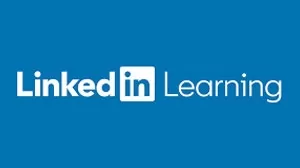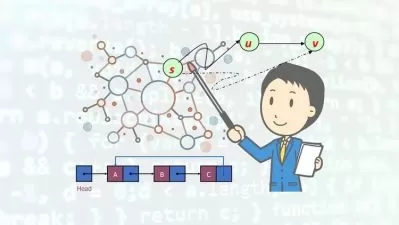C++ Essential Training
Bill Weinman
6:41:43
Description
Whether you are a beginning programmer or an advanced one, it may be time to level up your C++ skills. In this course, Bill Weinman helps you do exactly that. Bill discusses the history of C++ and modern C++, as well. He explains the C++ toolchain, then dives into basics you need to know, like basic syntax, statements and expressions, identifiers, variables, pointers, and references. Bill discusses flow control conditionals, loops, and functions. He deep dives into data types, operators, and functions, then walks you through how to use classes and objects. Plus, Bill covers how to to use templates, including the Standard Template Library (STL).
Note: This course was created by Bill Weinman. We are pleased to host this training in our library.
More details
User Reviews
Rating
Bill Weinman
Instructor's Courses
Linkedin Learning
View courses Linkedin Learning- language english
- Training sessions 107
- duration 6:41:43
- Release Date 2024/09/19











